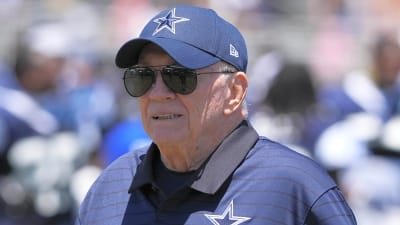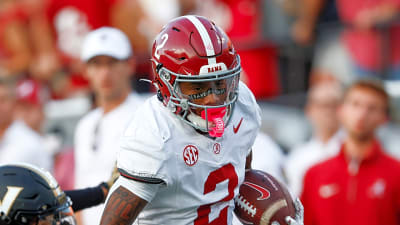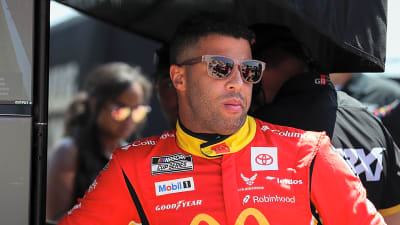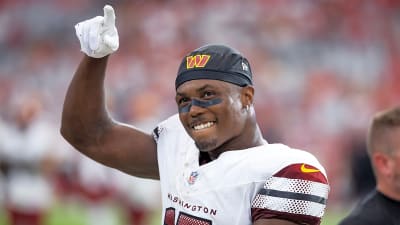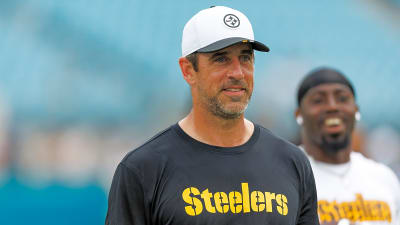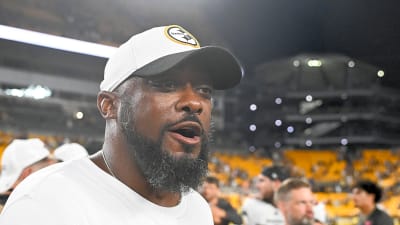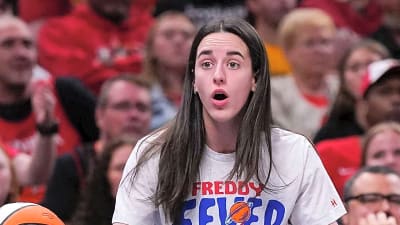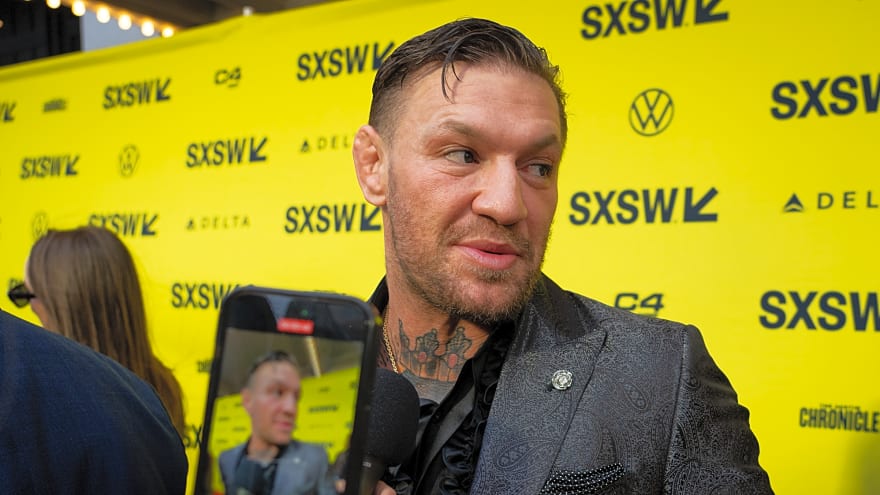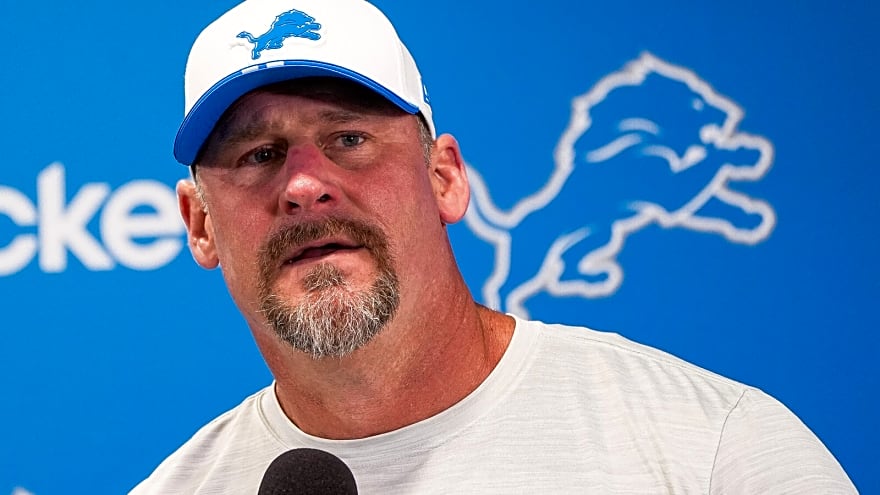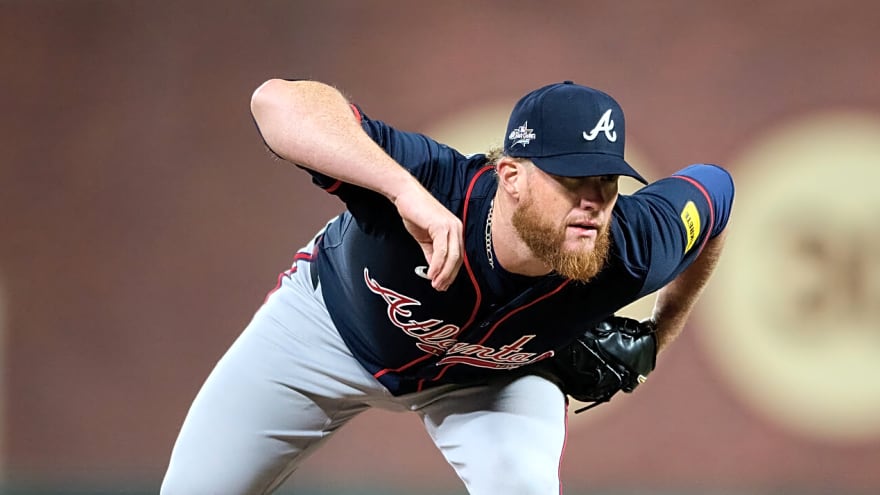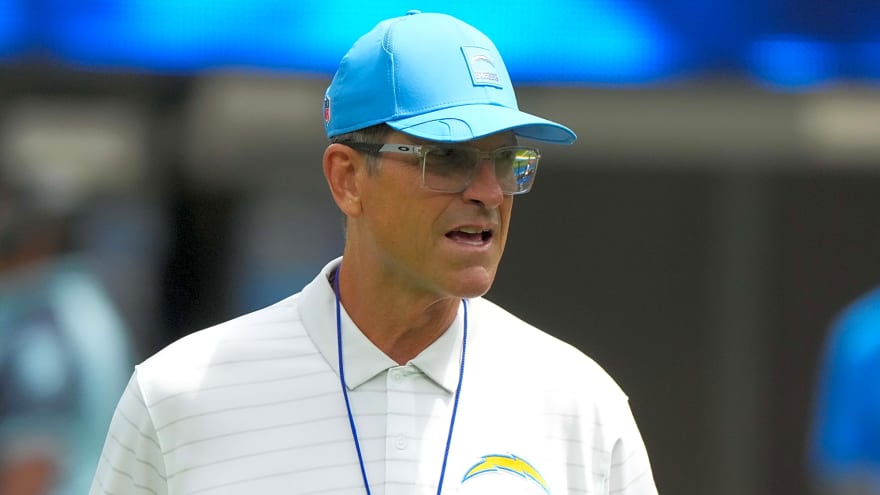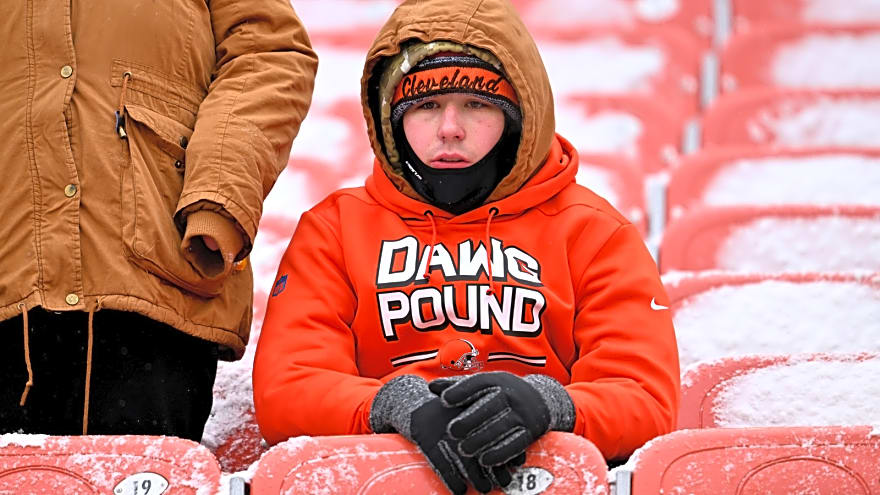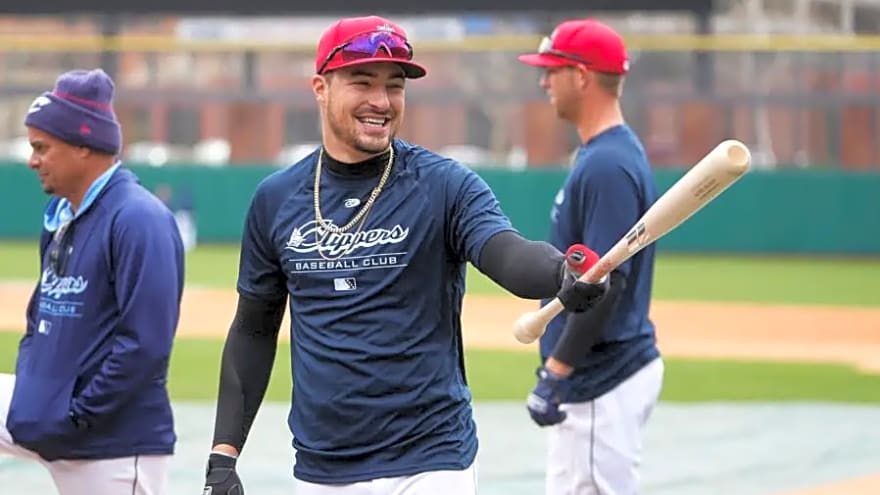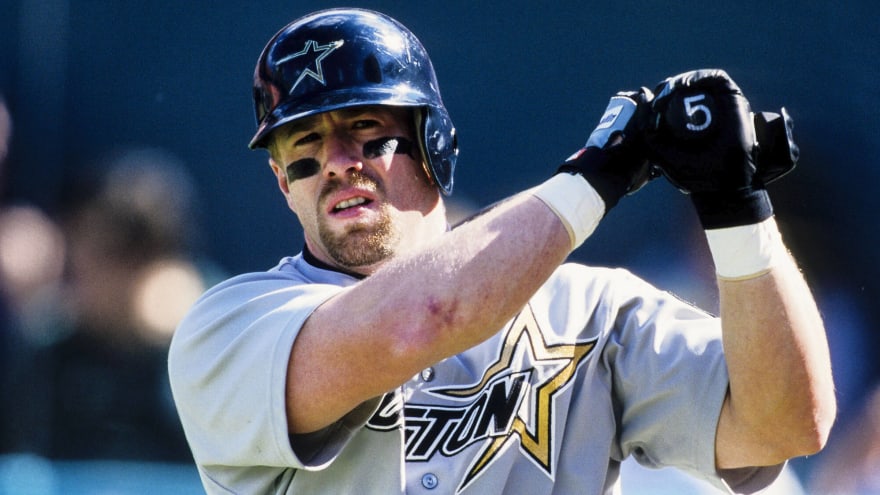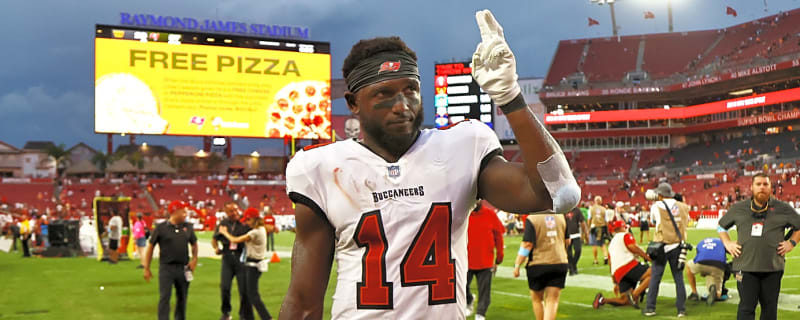The long-standing multi-billion-dollar antitrust lawsuit involving the UFC's parent company TKO and dissatisfied former fighters appears to be nearing its conclusion, as a settlement amount appears to have been reached.
The fighters were suing the UFC on allegations of unfair business practices, accusing the UFC of having a monopsony on the professional MMA space. The objective of the lawsuit was fair compensation for a class of fighters (roughly 1,200 of them) from a certain date range, or for a rework of the UFC business structure.
This meant the UFC was under threat of having their business model reshaped, whether that was their pay-structure, how they vet and contract prospects, and handle rival organizations. Compensation ranges totaled from $800M to $1.6B, which could have tripled as per antitrust practices.
Pacer records (Courtesy of John S. Nash on Twitter), show the settlement amount to be in the nine-figure range.
"On March 13, 2024, TKO reached an agreement to settle all claims asserted in both class action lawsuits (Le and Johnson) for an aggregate amount of $335 million payable by the Company and its subsidiaries in installments over an agreed-upon period of time. ... The Company anticipates that the settlement amount will be deductible for tax purposes."
This means a payout of around $270K per class member (pre-tax, deductibles, fees, etc.) over the agreed-upon period. The only caveat, however, is that the parties will need to propose their agreement to Judge Boulware for review. If Boulware agrees with the terms, the lawsuit concludes.
It's not clear yet if TKO agreed a business-restructure for the UFC, it's only known that both parties have agreed on a settlement. The UFC will probably continue with their regular business practices. In fact, TKO "anticipates" the settlement amount being tax deductible, meaning no dent in the UFC business model whatsoever.
This settlement is bad news for PFL and ONE. Without regulatory intervention in the MMA industry, there is no chance for them or anyone else of international scale to compete. It's flatly not possible.
— Luke Thomas️♀️ (@lthomasnews) March 20, 2024
How long they last is hard to say, but long-term prognosis is grim.
As the UFC secures its position as a leading force in MMA, it underscores the challenge facing competitors like the PFL and ONE Championship, who must vie to bridge the gap in business stature.
More must-reads:
- Browns' Shedeur Sanders addresses controversial Dillon Gabriel comment
- Urban Meyer pushes for Chargers or NFL to suspend Jim Harbaugh
- The 'Active 20-home run MLB seasons' quiz
Breaking News
Trending News
TODAY'S BEST

Brian Ortega vs. Aljamain Sterling Prediction, Pick, Odds for UFC Shanghai (Saturday, August 23)
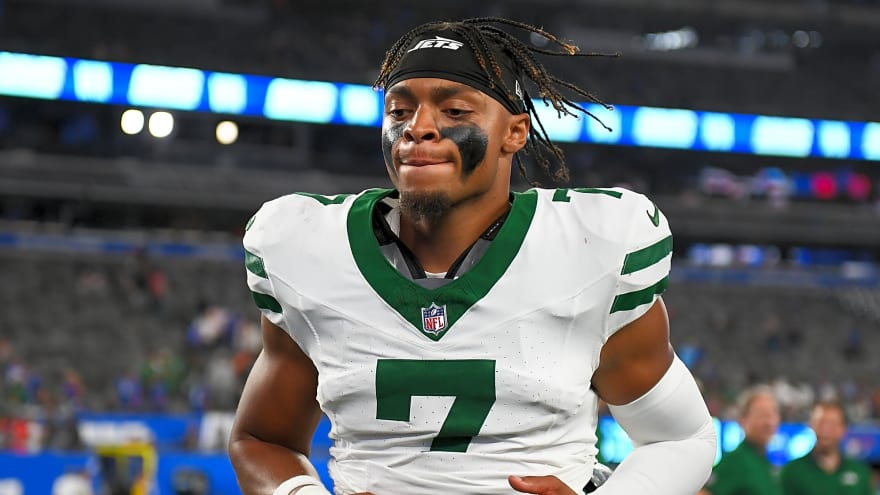
Jets coaches try to calm the situation in wake of Justin Fields' comments
According to Josh Alper of Pro Football Talk, New York Jets starting quarterback Justin Fields did not throw a pass that traveled 10 yards in the air over the club's first two preseason games. Some have voiced concerns about the Jets' passing attack with Fields in the lineup, but he insisted while speaking with reporters on Tuesday that he's "fine with taking eight-yard completions every play." On Wednesday, Jets offensive coordinator Tanner Engstrand addressed Fields' comment. "He's going to play the play the way the defense allows him to play it," Engstrand said about Fields, per Zack Rosenblatt of The Athletic. "So if they're going to allow him to take a shot down the field, he's going to take it. If they don't allow him, he's going to check the ball down, and we'll move on to the next play. We're all good with that." Fields completed just one of five passes for four yards in the Jets' 31-12 loss to the New York Giants on Saturday. According to Fox Sports, he connected on four of nine pass attempts for 46 yards across his first two preseason appearances of the summer. Despite such lackluster numbers, first-year Jets head coach Aaron Glenn suggested on Tuesday that he is ignoring "the noise that happens on the outside" regarding the team's passing offense. On Wednesday, Jets passing game coordinator Scott Turner praised Fields for knowing when to take a checkdown and when to challenge an opposing defense. "I think you've seen a lot of quarterbacks in this league, Josh Allen pops into mind, who really cut down his turnovers last year and won MVP by not always trying to make the big huge play, but make the right play. Justin has done a nice job with that," Turner said. ESPN stats show that Fields averaged 6.9 yards per pass attempt over six starts and 10 appearances with the Pittsburgh Steelers last season. Per Pro Football Reference, 22 qualified quarterbacks had a better yards per pass attempt average for the 2024 campaign. Dan Graziano of ESPN noted Wednesday that the $10M guaranteed that the Jets owe Fields for 2026 "won't prevent them from" looking for an upgrade at the position next year if he doesn't make "a major leap as a passer." It's still early into this experiment, but there's no sign that such a leap is coming anytime soon.

Three burning questions about SEC's huge conference schedule change
The SEC is moving to a nine-game conference schedule, and we have questions. The conference answered some (the nine-game schedule will begin in 2026, each team will have three annual opponents), but others remain. Here are three we're particularly interested in: 1. What happens with the ACC? Earlier Thursday, Yahoo Sports college football reporter Ross Dellenger shared that momentum was building for the SEC to adopt a nine-game conference schedule after executives met this week. He added that a move by the SEC could force the ACC, which plays an eight-game conference schedule, to do the same. However, with the conference sitting at 17 teams, it's mathematically impossible for the league to schedule nine conference games per team. The conference likely wouldn't kick out a member. Instead, adding an 18th team would make more sense. Memphis threw itself at the Big 12 and fell on its face. Perhaps the ACC would be more interested? The ACC already has a scheduling agreement with Notre Dame, and it might also pursue strengthening those bonds by having the Irish play more conference opponents. 2. Will SEC still schedule FCS out-of-conference games? On the surface, the SEC adding more competitive games is a win for fans. That said, if the conference is adding one conference game, it's taking one out-of-conference game away. Depending on which one, a nine-game SEC schedule will hardly be worth celebrating. Instead of scheduling challenging out-of-conference games, SEC programs might be more inclined to ensure easy wins by paying overmatched FCS teams to get blown out by 50 points. Where's the fun in that? 3. How does a nine-game conference schedule impact College Football Playoff format? The Big Ten and SEC, college football's biggest conferences, have been at odds over the CFP's future, with the Big Ten favoring a 4-4-2-2-1 format that features four automatic qualifiers for it and the SEC, two for the ACC and Big 12, and one for a mid-major. At-large bids would fill the rest of the 16-team field. The SEC, meanwhile, has supported a format that rewards the five highest-ranked conference champions and 11 at-large teams. By moving to nine conference games, the SEC might be more receptive to the idea of automatic qualifiers as teams compete more intensely, ensuring that it gets a set number of seats at the CFP table each season. Last season, the first year of the expanded 12-team playoff, the SEC only landed two at-large berths. Nevertheless, it might still prefer a 5-11 CFP format, relying on the perceived strength of the SEC to gobble up more bids in future seasons. On Aug. 11, the Associated Press published its preseason top 25 poll, which featured 10 ranked SEC teams. There are a few things the conference loves more than "quality losses," and commissioner Greg Sankey will be able to champion even more with the expanded SEC schedule. While a lot remains uncertain, that's one thing we're certain of.

Micah Parsons contract dispute: Dallas Cowboys star posts cryptic video with direct hint on future

Kent Hughes requested Nick Suzuki approval before making trade
As captain of the Montreal Canadiens, it’s clear that Nick Suzuki gets a lot of respect from the fans and everyone in the organization; however, a sneak peek of the Montreal Canadiens show on Crave, "The Rebuild: Behind The Scenes," shows that GM Kent Hughes asked Suzuki’s opinion before pulling the trigger on the Patrik Laine trade. The fact that Suzuki has this much say in things with the higher-ups proves just how much respect he has with them. This also isn’t the first time we’ve heard that Suzuki was involved in a big decision for the team. It’s well known that Suzuki and Hughes spoke just after the Four Nations break, where the captain pleaded with his GM on behalf of his teammates to not sell any players at the trade deadline as they all wanted to stay together as a group. Hughes told Suzuki that the team must prove themselves to be worthy of staying in the mix until the deadline. Following that chat, the Canadiens went 5-0-1 up until the deadline, placing themselves right in the middle of the mix. Hughes listened to his captain, and the team managed to sneak into the playoffs as a result. While this was more of an agreement between the two, it still shows that Hughes respects Suzuki’s word. Another thing that Suzuki has managed to change within the organization is that morning skates are now at the Bell Centre as opposed to Brossard, as they were before the 2023-24 season. Suzuki argues that skating at the Bell Centre would motivate the players more during the skate. Suzuki is also the reason why Juraj Slafkovsky never went to Laval when he was struggling early in the 2023-24 season. When things weren’t going well early in the Slovak’s career, it was Suzuki who told management to keep him in Montreal and have him play on his line. It turns out that decision proved to be the best thing for Slafkovsky as he’s managed 2 50-point seasons since then, and their line with Cole Caufield is considered a top 10 trio in the entire league. It seems like there is always a new story on just how influential Suzuki is on everyone throughout the Habs organization. Now, we are talking about how Suzuki also has enough influence on the team to have input on a trade before it happens. In that clip, it seemed Suzuki was excited for Laine to come to Montreal — and with good reason, as the Canadiens got a former 40-goal scorer with the potential to do it again. As a fan, it’s hard to know what else Suzuki has influence on when it comes to management and the higher-ups, but it does seem as captain that he is the perfect bridge between management and the players. Not only does he help the players with their demands, but the fact that he tries to make things work for management when dealing with the players just proves why he was born to be an NHL captain. Maybe we will see more situations where management and Suzuki discuss things on behalf of the team as the second season of "The Rebuild" progresses. With the success the Canadiens had during the 2024-25 season, this season of "The Rebuild: Behind The Scenes" should be a fun one to watch.

An $18M Gamble That Could Pay Off Big for Edmonton
The Edmonton Oilers are facing a pivotal decision in goal — one that could define their playoff strategy for 2026 and potentially set them up in the years to come. Stuart Skinner, who has quietly backstopped the team to back-to-back Stanley Cup Final appearances, is entering the final season of his $2.6 million deal. And with the salary cap projected to climb significantly, the time to strike might be now. This argument won’t go over well with many Oilers fans. Specifically, those who believe Edmonton needs an upgrade in goal aren’t going to like the idea of investing in Skinner for a sizeable amount of money. Frankly, it’s hard to blame those skeptics; Skinner’s numbers won’t land him in the Vezina conversation. That said, his consistency has been good enough to keep Edmonton in contention, and if he has a solid 2025-26 season, you can bet the Oilers are going to wind up paying to keep him. When the Oilers’ defense holds up, Skinner performs as well as most mid-tier starters across the league. Under new goalie coach Peter Aubry, there’s optimism that Skinner could add another layer to his game — and if that happens, his price tag could soar. Goalie Deals, Like What’s Coming For Skinner, Aren’t Getting Cheaper League-wide trends suggest goalie deals aren’t getting cheaper. Locking Skinner in for something in the range of three years at $6 million per season could give the Oilers cost certainty and valuable cap flexibility. Comparable netminders like Logan Thompson, Tristan Jarry, and Darcy Kuemper already sit in that range, and Edmonton could find itself with a bargain if Skinner continues to grow. Lukas Dostal just signed on with the Ducks for five more years at $6.5 million per season, in what many are calling a bargain extension. The benefit isn’t just about saving money. A team-friendly deal keeps Skinner movable if things go sideways. Waiting comes with risk. A breakout season from Skinner would make negotiations far more expensive — especially in a market where quality goaltending is scarce. For a team operating in a tight Cup window, overpaying later could mean losing depth elsewhere. Is Skinner the Long-Term Answer Or Yesterday’s News? If the Oilers aren’t sold on Skinner, investing further in him isn’t the right play. But, if they believe he’s got the tools to rebound, buying low (or at least, lower) isn’t the worst idea. He’s experienced, and Edmonton has taken the time and shown patience to see him flourish. “I think going through it the first time, you go through that experience in the summer and then you realize the things you did well and the things you didn’t do well,” Skinner said to NHL.com’s Derek Van Diest. “So going through it a second time, but being able to say you went through this does help you get over it quicker, just because you have to go back into training and do it all over again.” Maybe the lows have shown themselves, and the highs could be around the corner. Moreover, one could argue the decision is less about whether Skinner is the long-term answer in net and more about innovative asset management. Betting on him now is a calculated gamble that could pay off in a big way, especially if Edmonton believes their championship core can win with steady — if not spectacular — play between the pipes. For general manager Stan Bowman, this isn’t just about a contract; it’s about strategy. Move early, and the Oilers could secure the cost certainty they need to keep their stars together. If Skinner remains average, a $6 million goaltender is potentially a tough sell, but not an impossible one.
Customize Your Newsletter
 +
+
Get the latest news and rumors, customized to your favorite sports and teams. Emailed daily. Always free!
